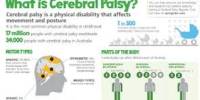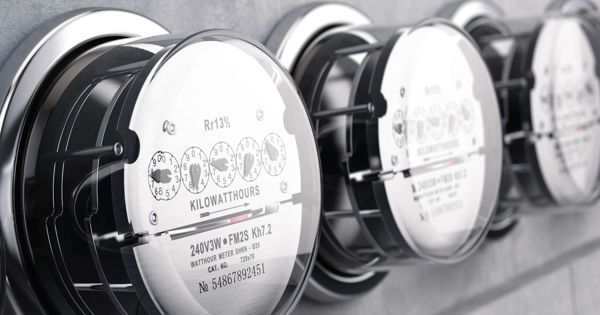Probably all of us look for humor in a potential dating companion. We frequently find the abbreviation GSOH (Good sense of humor) in dating profiles. In addition to the possible benefits of merely being around someone with a strong sense of humor, witty humor can also suggest intelligence or self-assurance in a potential spouse.
Humor’s significance at the beginning of romantic relationships has received a lot of study attention, but how much of a role does it also have in the sustainability of long-term relationships?
This was investigated by Lukasz Jach and colleagues, who looked at the frequency of joking and laughing in addition to the quality of jokes, among 149 heterosexual couples in long-term relationships.
In addition to evaluating the effectiveness of the jokes used, the researchers also evaluated how often people in each relationship laughed and joked. They achieved this by asking participants how frequently they joked with their spouse, how frequently they admitted to laughing at their partner’s jokes, and how frequently they believed their own jokes were humorous.
The frequency of their partner’s jokes, their partner’s laughter at their jokes, and how often they found their partner’s jokes to be funny were also reported by the participants.
The types of humour employed in each relationship was assessed using the humour styles questionnaire, which measured affiliative humour “I enjoy making people laugh.”, self-enhancing humour “If I am feeling depressed, I can usually cheer myself up with humour”, aggressive humour, “If someone makes a mistake, I will often tease them about it”, and self-defeating humour “I let people laugh at me or make fun at my expense more than I should.”
Finally, the researchers analysed dyadic adjustment between partners employed in the study. Dyadic adjustment can be defined as the degree of match between partners and was measured using the Dyadic Adjustment Scale.
Sex differences in humour
Men reported making more jokes than their female partners, which was validated by women who said their male partners made more jokes. All participants, however, believed that they laughed at their partner’s jokes more than their partners did. Men may laugh more readily at their partners’ jokes in long-term relationships than they did in the beginning.
The quality of men’s own jokes was higher than the quality of women’s jokes, according to ratings of joke quality. Additionally, men believed that their own jokes were superior to those of their spouses.
The study also found that males produced humor more frequently than women, which may indicate that men are still trying to compete for women’s attention and express to their long-term partners the qualities (such as intelligence) that humor promotes.
In the same vein, women in long-term relationships may react to their partner’s humor less frequently, which may be explained by the fact that they are no longer required to entice a partner in the same manner that they did in the beginning of the relationship.
Their partners rated both the quality and frequency of men’s and women’s jokes and laughter, and the researchers discovered a correlation between those assessments. But there was a stronger correlation between men and women’s judgments of men’s humor than between women and men’s ratings of women’s humor.
Humour styles
In terms of the humor styles used, the researchers discovered that men tended to utilize humor that was more affiliative, aggressive, and self-enhancing than women did. The difference in affiliative humor, however, was minimal, indicating that both sexes might use it to improve and fortify their relationship. Finally, affiliative humor was used by women more frequently than other types of humor.
Dyadic adjustment
As previously indicated, dyadic adjustment, which refers to the degree of good partner-matching, was unaffected by the frequency of jokes. However, it was discovered that stronger dyadic adjustment overall was associated with both participants’ self-reported and partners’ partner reported frequency of laughing. As a result, it seems to be laughing rather than joking, which is important in long-term partnerships.
Participants’ assessments of their partners’ joke quality were linked to higher levels of dyadic adjustment for both men and women in terms of joke quality. In other words, a higher feeling of compatibility in a relationship was associated with a stronger appreciation of one’s partner’s humor.
Affiliative and self-enhancing humor among participants was shown to be connected to stronger dyadic adjustment, whereas aggressive and self-defeating humor was found to be related to worse dyadic adjustment.
Even though this study used a self-report approach, which may be subject to some response bias, it nevertheless shows that laughing and joking both serve important but maybe different roles in healthy and enduring long-term relationships.
















